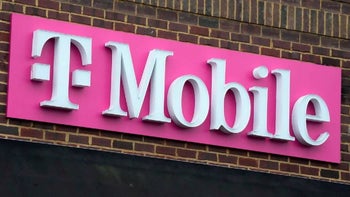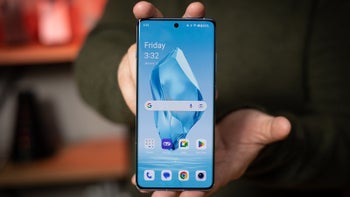Samsung Galaxy S8 Specs
Deals
Popular Comparisons
The is most commonly compared with these phones:
Specs Compare
Alternative variants
Carrier Availability
News
Links
I had to use a Galaxy S8 from May 2022 until October 2022, following my P30 Pro breaking, and despite it being a 5.5 year old phone, it's still a decent phone, really the only downside to using it these days is the fact you're stuck on Android Pie. I know the Galaxy S8 is considered the world's most fragile phone, but the build quality on mine was decent as well. Sadly the NAND on mine is beginning to die. Some games may not run well due to it's age.
I used this phone as my main phone. I got it in 2017. It has an AWFUL screenburn right now. Right now I can't connect to the internet on this phone. I used it from 2017-2021. It's an awesome phone. I managed to soft brick it on March 30, 2020, by accident while I was trying to update it to Android 9.
I had used plenty of samsung phones in the past but they were always too generic looking or too slow after a long period of time. The Galaxy S8 Had a great screen with a decent if not better camera than the Iphone 7Plus (Which was its main rival at the time). Samsung struck gold with the design but it's on the inside what counts and the OS is still bloated a laggy. Overall if you're a basic android user then you'll love it, but for Purists or Power Users, get the Pixel.


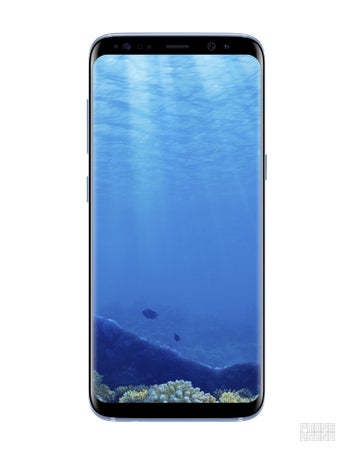
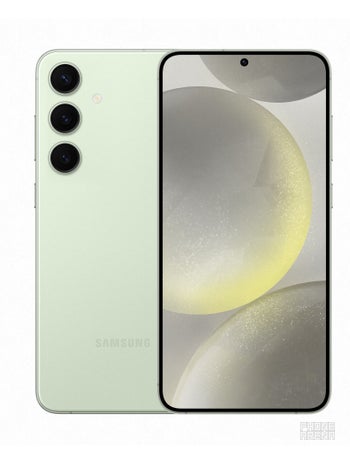
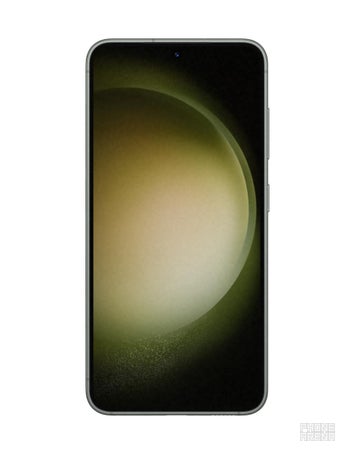
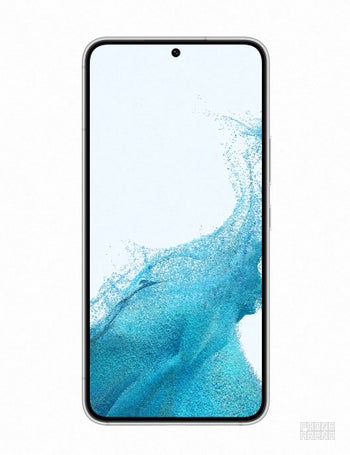

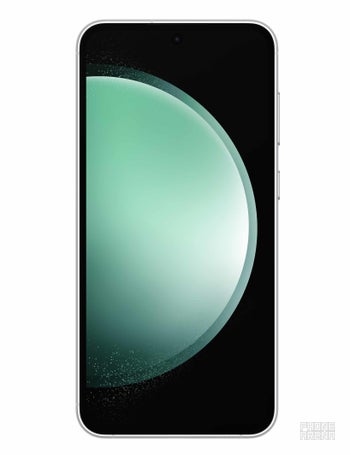
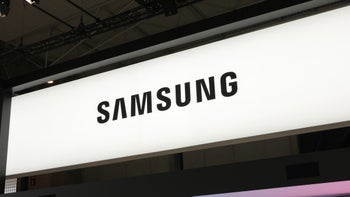
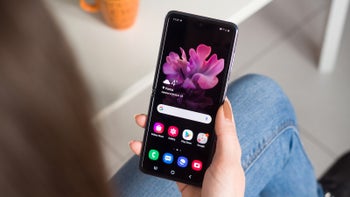
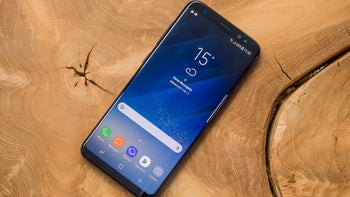
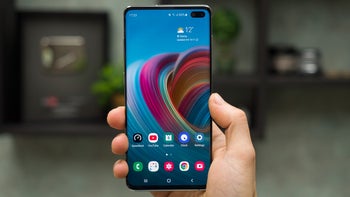

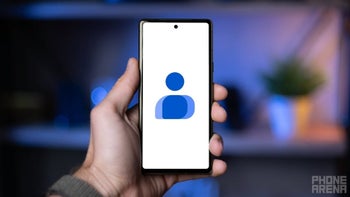
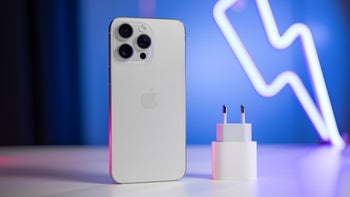


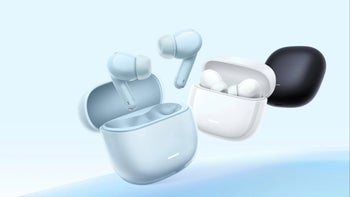

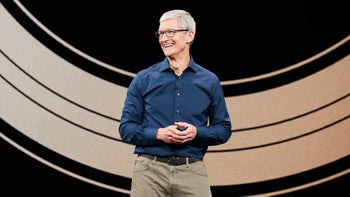
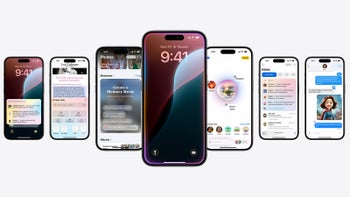
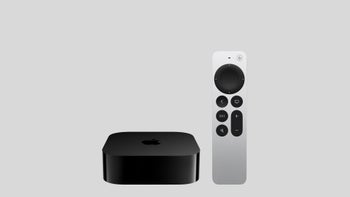
![iPhone users on AT&T left without service after massive outage [UPDATED]](https://m-cdn.phonearena.com/images/article/161893-wide-two_350/iPhone-users-on-AT-T-left-without-service-after-massive-outage-UPDATED.jpg)
